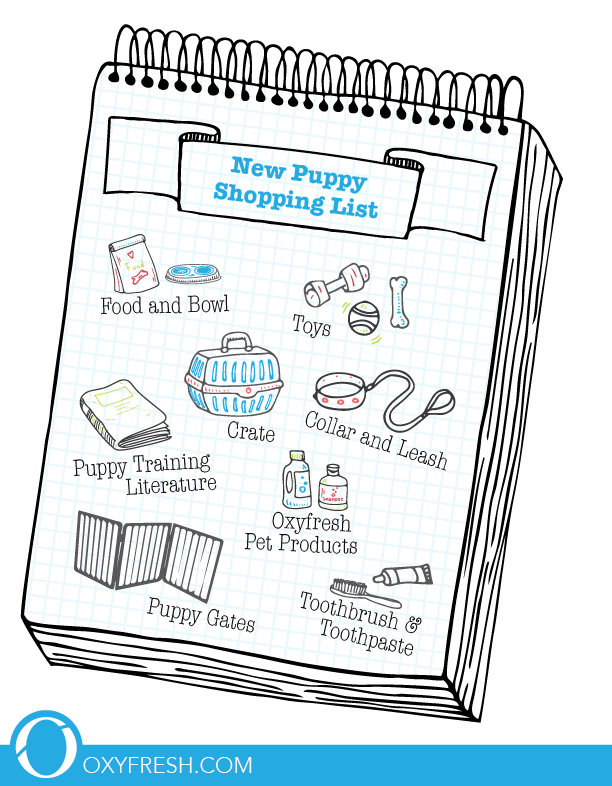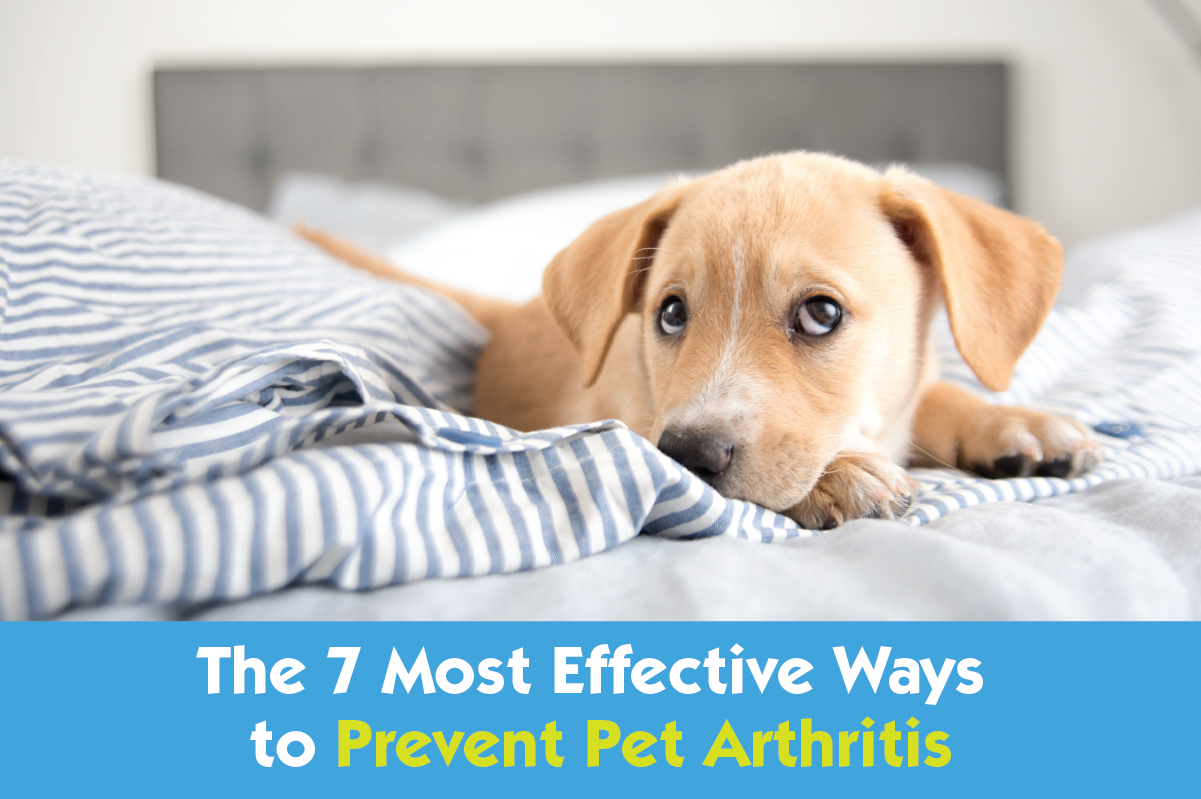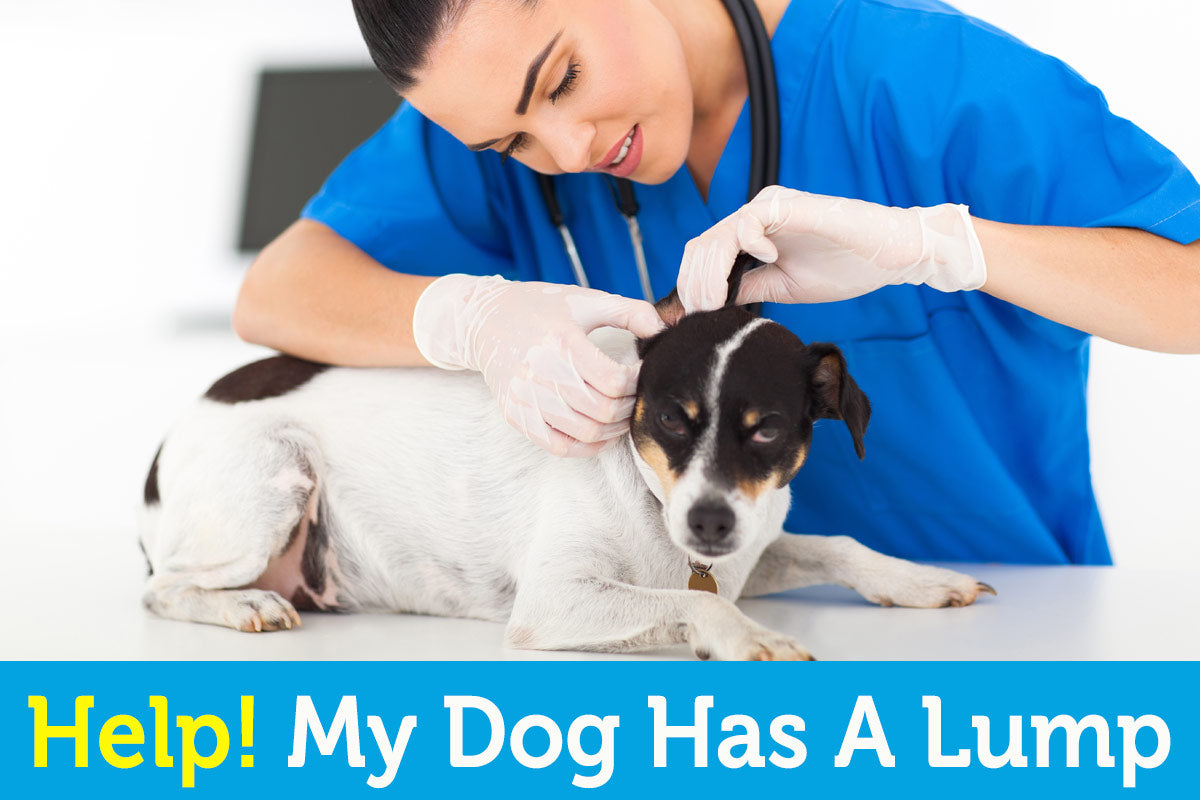There are few things more exciting than getting a new puppy, but people often underestimate the amount of work and effort it takes to care for a young animal.
In order to help you and your pet better adjust, we’ve compiled a list of answers to some of the most common questions asked by owners of puppies.
From bringing home your young dog to basic training tips, the following guide is full of pointers for first-time owners and a great refresher for seasoned pet parents.
Bringing Home a New Puppy
Bringing home a new puppy is fun, but it can also be stressful.
Home at last! Your puppy will need some time to adjust to its new surroundings.
You may want to spend hours cuddling with your fur ball, but it is important to set boundaries and give the animal some time alone.
According to the American Kennel Club, puppies need to learn to moderate their sleep, exercise, diet, and potty breaks.
Try and set a schedule and stick closely to it. Plan on bringing your dog outside frequently will give them ample opportunities to go to the bathroom outdoors.
New Puppy Shopping List

You’ll want to add the following essentials to your “new puppy shopping list.”
Make sure you’ve purchased the following puppy essentials.
Food and Bowl: You’ll need some puppy chow to get you started. Talk with your vet to find the best product for your pet. You’ll also want to invest in two bowls, one for food and one for water. Stainless steel is most durable and cleanest option!
Collar and Leash: This is another obvious one, but a collar and leash are essential to safely walking your dog. In many areas, they are also law!
Crate: A crate is an essential training and transportation tool. Find one that fits your dog without providing too much additional space. Line the floor with a soft sheet or towel.
Toys: Balls, chew toys, and bones are fun for puppies. They can be utilized for exercise or as an outlet for teething pups. It is important that puppies understand the boundaries between their toys and other tempting household items, such as shoes and stuffed animals.
Toothbrush and Toothpaste: It is important to establish a healthy oral health regimen for your puppy. There are special toothbrushes and pastes that are safe and effective on for canines.
Having trouble with your puppies bad-breath? In depth tips on things you can do here.
Puppy Gates: Puppies have a steep learning curve when it comes to shoving things in their mouths. Sanction off an area in your home or backyard that is free from dangerous obstructions.
Puppy Training Literature: If you are planning on training your puppy yourself, you’ll want to purchase a basic instruction manual. Visit your local bookstore or library for a handy how-to guide.
New Puppy Care
Puppies take a considerable amount of time and energy. The following tips for “new puppy care” are bound to make things a bit easier!
Puppies learn new lessons every day. As their owner, it is your job to be patient and reinforce good behavior and obedience.
If you’re job or school requires you to be away from home for long periods of time, you may want to consider sending your puppy to doggy daycare or hiring a daily dog walker.
Caring for a new dog is a 24-hour commitment. You and your puppy will grow more accustomed to each other over time.
Training a New Puppy
Training a new puppy is quite a feat!
It is important to train your puppy to do essential things, such as go to the bathroom outside, heal, sit, and understand boundaries.
Reinforce positive behavior with a small, healthy treat, giving verbal praise, or patting the puppy softly on the back.
Be patient with your expectations and provide your pup with the tools for success.
For example, take your dog out at least every two hours to minimize indoor accidents and provide an abundance of potty opportunities.
More tips on potty-training your pup here!
New Puppy Checklist

The following new puppy checklist will help you get your ducks in line just in time for your new furry friend!
Plan a Schedule: Plan a schedule and stick to it. Make sure that all members of the household are on the same page. A mutual investment in the puppy will assure it is properly trained.
Find a Veterinarian: Puppies need to see a veterinarian regularly for exams, vaccinations, and other preventative care. Research vets in your area and speak with them to assure your morals align.
Consider Health Insurance: Health insurance is a no brainer for people, but the trend is spreading to our furry friends.
Emergency care can cost owners thousands of dollars in unanticipated bills, so an affordable monthly copayment can be a worthwhile investment.
Be proactive in keeping your pet happy and healthy by using quality dog-care products. Oxyfresh provides safe and non-toxic solutions for all your pet-care needs.
Introducing a New Puppy
When introducing a new puppy to friends and family, limit their exposure.
Get to know your puppy slowly. Animals have unique personalities and can even experience anxiety, fear, stress, and other dynamic emotions.
Don’t overwhelm your puppy by over stimulating it.
Pay attention to abrupt changes in your dog’s behavior. Young canines can experience acute health issues such as earaches, stomach bugs, and dental issues associated with teething.
When in doubt, contact your veterinarian in help in identifying health issues. Invest in natural remedies to common adverse health conditions.
Don’t know where to start? Oxyfresh carries a full line of veterinarian recommended products! From dental products to shampoo, there is a safe & proven product for all of your new puppies needs.



